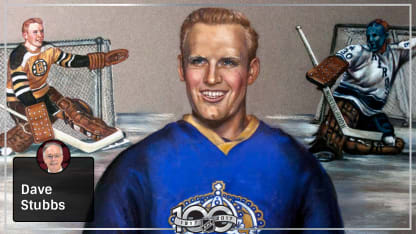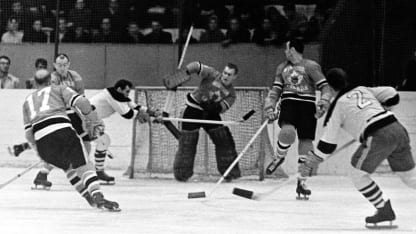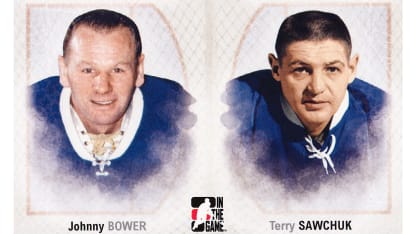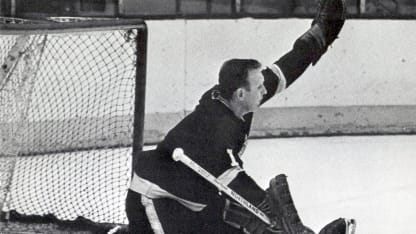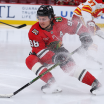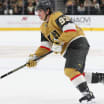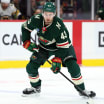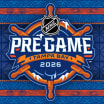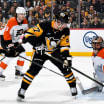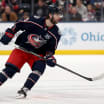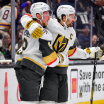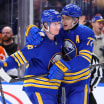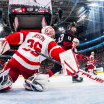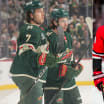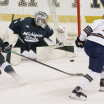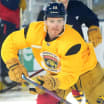Wearing no mask and contact lenses that he ground himself, Rutledge took on more work, appearing in nine more games than the legend he was signed to apprentice with, getting two shutouts, against the Blues and the Maple Leafs. He was on the bench for the Kings' ouster from the Stanley Cup Playoffs, begging coach Red Kelly in vain to relieve Sawchuk as the North Stars scored five goals on the veteran in eight minutes during a 9-4 home loss in Game 7 of the Quarterfinals.
With Sawchuk traded to Detroit on Oct. 10, 1968, Rutledge played two more seasons for the Kings, on decreasingly talented teams. He appeared in 17 games his second season, with Gerry Desjardins clearly No. 1, and 20 games in 1969-70, splitting the backup job with Denis DeJordy.
Rutledge slipped into the minors with Denver and Salt Lake of the Western Hockey League before joining the fledgling World Hockey Association, where he played six seasons for Houston. He won the Avco Cup with Houston in 1974, his first title since the Allan Cup.
Retirement took Rutledge to Huntsville, Ontario, north of Toronto, where he raised horses and went to work as a glazier at a glass company.
Sadly, neither he nor Sawchuk was alive in
2012
to see the Kings win the first of their two Stanley Cup championships (they won again in
2014
). Sawchuk died in 1970 at age 40, of a bleeding liver and blood clots; Rutledge was 62 when he died of stomach cancer in 2004.
In 2000, Rutledge was inducted into the Barrie Sports Hall of Fame. He loved the painting that was commissioned for his hometown shrine to mark his career.
Rutledge was celebrated that night, and continues to be today in his hometown, as the goalie for Barrie in 1959-60, a charter member of the Kings and a goaltender who seized the opportunity whenever one came his way, even for a time overshadowing the great Terry Sawchuk.
